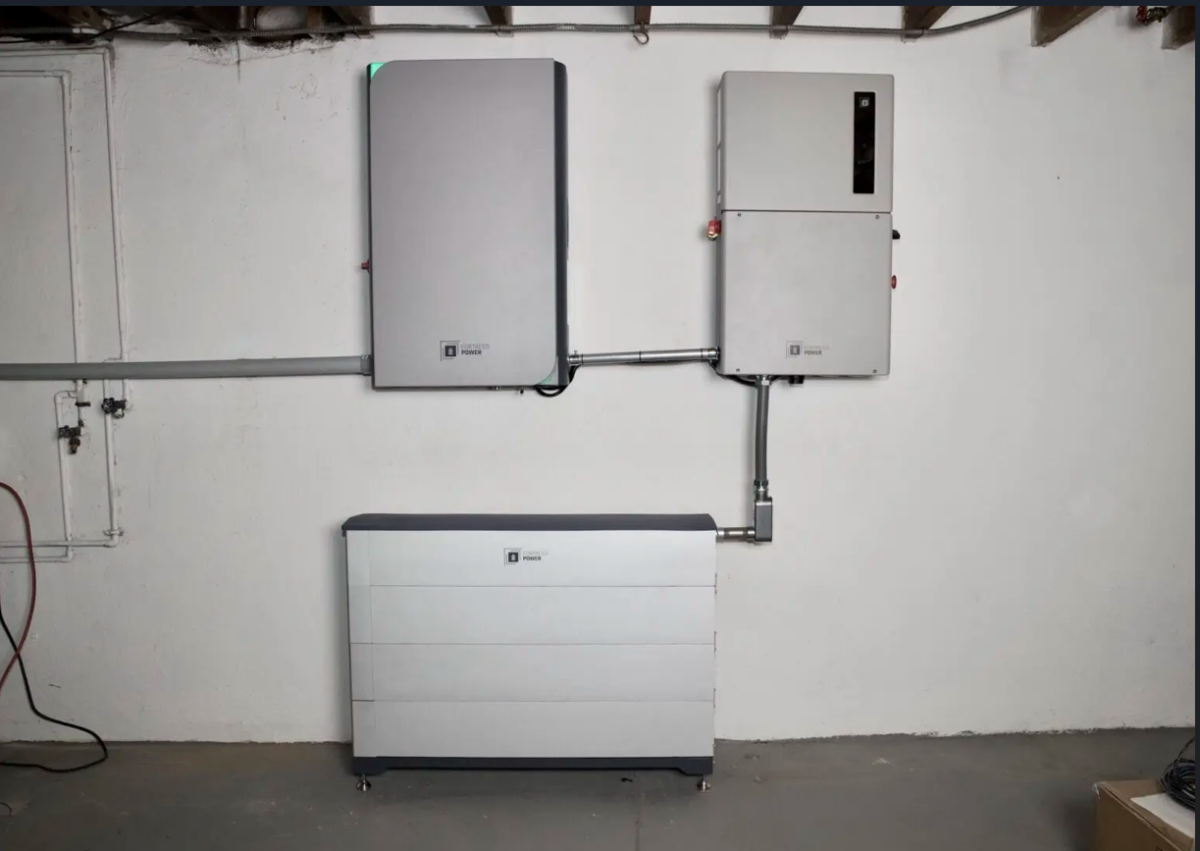US-based Fortress Power has announced its entry into the high-voltage energy storage residential market. It marked this milestone with the installation of its first residential Avalon System in late December.
The Avalon HV ESS system features a smart energy panel, customizable battery stack, and inverter. The system works inside and outside and is scalable up from 14.4 kWh to 176 kWh. It can be DC- or AC-coupled, with 200 A pass-through.
Operating at 200 V to 300 V at the DC terminal, the Avalon System closely matches PV array voltage, reducing the need for DC to DC conversion which, according to the manufacturer, enhances overall operational efficiency by approximately from 6 to 8%.
The system includes a 7.6 kW or 11.4 kW inverter. It has four MPPTs with a voltage range of 80 V to 520 V and maximum input current per string of 16 A.
The Avalon Smart Energy Panel manages large loads in the house to stop the inverter from tripping. It can intelligently manage up to twelve different 120 V circuits, six 240 V circuits, or any combination, providing flexible whole home backup without a dedicated emergency power panel.
Popular content
With the integrated smart load panel, pre-installed AC coupling circuit, 200 A pass-through and straightforward EV charger installation, the Avalon System reduces the need for extra components, such as back up panel, AC combiner, separate smart load panel, bypass, and other, the manufacturer says.
Avalon boast a cycle life of more than 8,000 cycles and comes with a 10-year warranty. The system is based on tier 1 automotive grade lithium iron phosphate (LFP) battery cells.
Furthermore, for homeowners, Avalon could be turned into a source of revenue through the company's EnergyBroker program by selling energy into wholesale markets or to extra energy.
“This helps achieve a shorter payback period while contributing to a more resilient and efficient power grid,” Fortress Power says.
This content is protected by copyright and may not be reused. If you want to cooperate with us and would like to reuse some of our content, please contact: editors@pv-magazine.com.



3 comments
By submitting this form you agree to pv magazine using your data for the purposes of publishing your comment.
Your personal data will only be disclosed or otherwise transmitted to third parties for the purposes of spam filtering or if this is necessary for technical maintenance of the website. Any other transfer to third parties will not take place unless this is justified on the basis of applicable data protection regulations or if pv magazine is legally obliged to do so.
You may revoke this consent at any time with effect for the future, in which case your personal data will be deleted immediately. Otherwise, your data will be deleted if pv magazine has processed your request or the purpose of data storage is fulfilled.
Further information on data privacy can be found in our Data Protection Policy.